Category: Climate Science
-
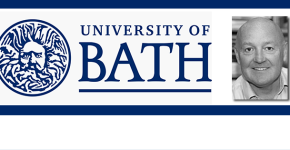
Pierre McDonagh, University of Bath – Electric Cars
The electric car has yet to hit the mainstream. Pierre McDonagh, professor of marketing at the University of Bath, delves into the steps to get electric vehicles in more driveways. Pierre’s research primarily focuses on the (im)possibility of sustainability within the prevailing order and oppositional counter culture. He has published widely on the interactions among…
-
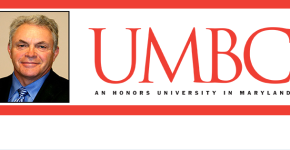
John Rennie Short, University of Maryland Baltimore County – Western Wildfires
The western region of the US has been experiencing a rash of wildfires. John Rennie Short, professor of public policy at the University of Maryland Baltimore County, explains how people living in at-risk areas and the west getting drier is not a good combination. EducationPh.D., University of BristolM.A., Geography, University of Aberdeen Research InterestsUrban issues, environmental…
-
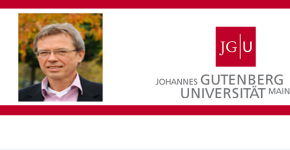
Jos Lelieveld, Mainz University – War and Air Quality
Can war make the air cleaner? Jos Lelieveld, Director of the Max Planck Institute for Chemistry and professor of Astrophysics at Mainz University, explores how we can observe this surprising development from space. Born on July 25, 1955 in The Hague. Study of natural sciences Leiden Univ. (1984), research associate at Geosens B.V. (1984-1987), research…
-
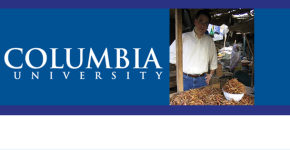
Pietro Ceccato, Columbia – Battling Earthly Plagues from Space
New technology that monitors our environment are proving vital. Pietro Ceccato, a scientist at Columbia University’s International Research Institute for Climate and Society, discusses these new advances. Pietro Ceccato is a research scientist at Columbia University’s International Research Institute for Climate and Society (IRI). He originally trained as an agronomist and worked in the Central…
-
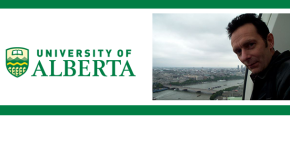
Rolf Vinebrook, UAlberta – Ecological Surprises
Human behavior is impacting climate change. Rolf Vinebrook, biologist at the University of Alberta, discusses his research focusing on inland lakes. Rolf Vinebrook‘s early research examines the impacts of acidification on the stability of boreal lake communities. He then shifted his focus during his PhD towards stratospheric ozone depletion and the effects of ultraviolet radiation on…
-
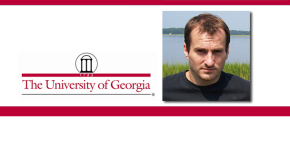
Aron Stubbins, UGeorgia – Permafrost Melt Water Testing
Testing the melting permafrost of the Arctic is helping researchers learn more about climate change. Aron Stubbins, associate professor at the University of Georgia’s Skidaway Institute of Oceanography, traveled to Siberia to conduct his experiments. Aron Stubbins studied Marine Biology at the University of Newcastle receiving a BSc (Hons) in 1998. Aron remained at the…
-

Adam Sobel, Columbia – Madden-Julian Oscillation
There’s very limited chance you’ve even heard of the Madden-Julian Oscillation. Adam Sobel, Columbia University professor, details this phenomenon known better by its acronym, the MJO. Adam Sobel is a professor in Columbia’s Fu Foundation School of Engineering and Applied Sciences, and Lamont-Doherty Earth Observatory; he is also director of the Columbia Initiative on…
-
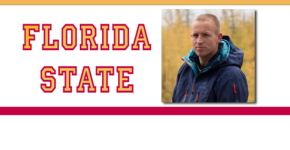
Rob Spencer, FSU – Permafrost
Thawing carbon in the arctic is presenting some potential problems. Rob Spencer, an oceanographer at FSU, is studying permafrost. Rob Spencer is an assistant professor of oceanography at Florida State. Research in his laboratory is focused on understanding the chemical composition of Earth’s major carbon reservoirs (soils, sediments and dissolved organic matter (DOM) in marine…
-
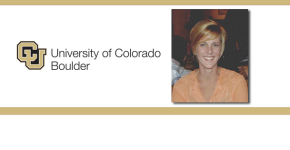
Lori Hunter, UC Boulder – Environmental Migration
Climate change and the environment at large have a huge effect on everything. Lori Hunter, sociologist at UC Boulder, discusses the relationship between human migration and the natural environment, highlighting innovative research on US-Mexico migration associated with climate change. Dr. Lori Hunter is Professor of Sociology at the University of Colorado Boulder and Faculty Research…
-
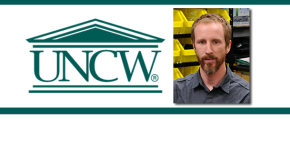
Dylan McNamara, UNCW – Coastline Economics
The future of the coastline depends on more than just sand and water. Dylan McNamara, physicist and physical oceanographer, recently published research exploring dynamics of coupled human-environmental systems and how they specifically apply to coastal communities and property value. Dr. Dylan McNamara is an associate professor in the Department of Physics and Physical Oceanography at the University of North Carolina Wilmington. McNamara received a bachelor’s degree…
